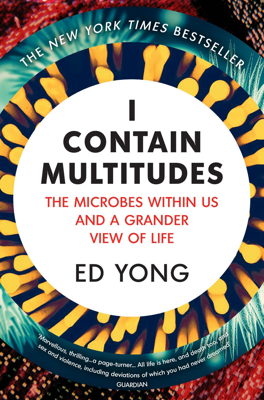In Sickness and in Health
Coral Reefs: Microbial Influence and Environmental Stressors
Forest Rohwer's exploration of the Line Islands revealed dramatic contrasts between healthy coral reefs and devastated ones, underscoring the vital role microbes play in reef health. At Kingman Reef, the coral was vibrant and thriving, while at Christmas Island, over-humanization had led to significant coral decay. The difference highlighted how human activity impacts coral ecosystems, particularly through changes in microbial communities.
Microbial Dynamics and Coral Health
Healthy coral reefs boast a complex microbial system that blocks harmful microbes through colonization resistance. However, stressors like warmer seas, acidic waters, nutrient overloads, and physical disturbances disrupt this microbial balance, weakening corals and making them susceptible to diseases. Rohwer's studies suggest that diverse microbial communities are crucial for coral health, resisting pathogenic invasions through colonization resistance.
Human Impact and the Downfall of Reefs
Human activities disrupt coral-microbial symbiosis, leading to "black reefs" or severely degraded coral systems. Overfishing, pollution, and direct physical destruction, like shipwreck debris providing excess iron, foster conditions that favor harmful algal overgrowth and microbial imbalances. This overgrowth leads to an excess of dissolved organic carbon, which feeds fast-growing microbial species that outcompete and displace more beneficial microbes, accelerating coral decline.
Perspectives on Microbial Communities and Disease
Rohwer's work on coral reefs invokes broader implications for understanding diseases as ecological issues of microbial communities rather than infections by single pathogens. Diseases in corals often emerge from shifts within their microbial communities rather than the invasion of foreign pathogens, suggesting a parallel in other ecosystems, including human microbiomes. This understanding frames diseases as dysbiosis, where community imbalances rather than specific pathogens drive disease processes.
This perspective underscores the importance of maintaining balanced microbial communities not just in coral reefs but potentially in other organisms including humans. Such insights could shift approaches to managing both environmental health and human diseases by focusing on restoring and maintaining healthy microbial ecosystems.
